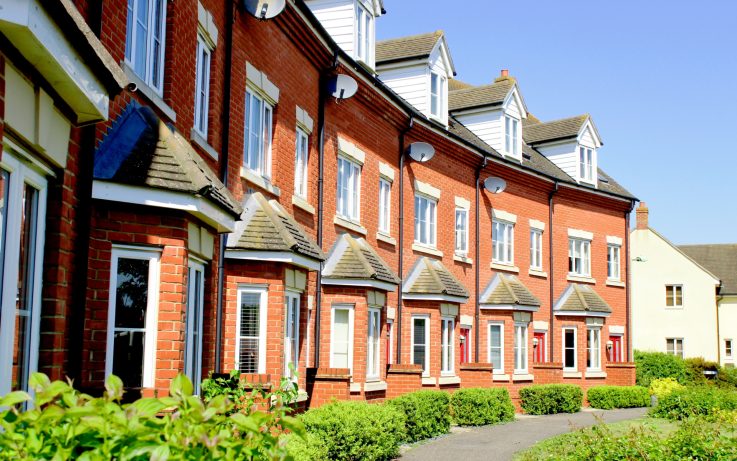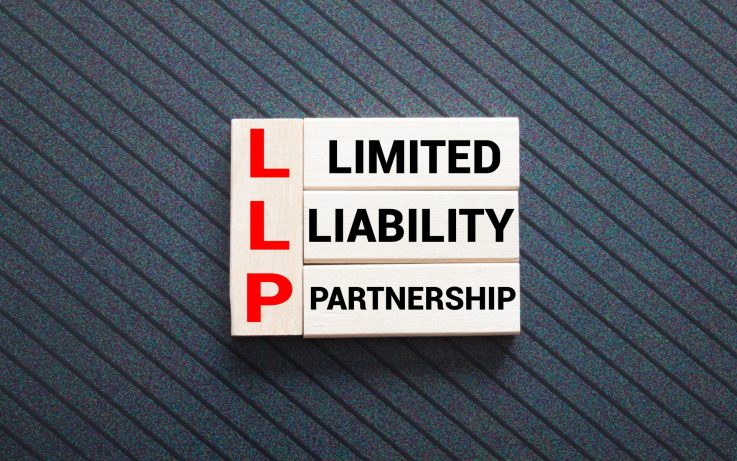Buying Business in the UK

The United Kingdom is a major business hub attracting entrepreneurs and investors. Many business people choose to invest in British companies and frequently by purchasing an existing business. Thanks to the country’s thriving small and medium-sized business sector, potential investors have a wide range of attractive options available to them.
Buying Company in the UK: Profitable Investment in Existing Business
For newcomers to the UK business arena, buying an established company might be the easiest way to get started. There is no need to start from scratch, research the right type of business and spend a lot of time and effort to get it off the ground. Instead, an investor gets a business with a market share, customer base, turnover, and reputation, provided they make the right choice.
However, if you want to buy a business that is not prospering for various reasons, you can revive and grow it with a small cash investment. It’s also important to be clear about the reason for the sale so that you don’t end up with a big problem instead of a profitable investment.
Things to Know About Buying Business in England
It’s up to you to choose the right way to do business in the UK: whether you buy shares in a company that owns the business or buy the trading business itself. To buy company shares, you’ll need professional help to draft a share purchase agreement and other paperwork to transfer ownership. When buying a business, you will need a company sale agreement and a leasehold or freehold transfer. Make sure all financial and legal issues are sorted, regardless of what you are buying.
Buying Business in England: Taxation
When purchasing a business, a buyer can select which assets and property they need such as equipment, land, tools, machinery, etc. There are mandatory taxes you must pay when purchasing a business in the UK.
- Stamp Duty Land Tax (SDLT) is a duty on the purchase of properties in England.
- SDLT for a piece of land is based on the value of the property on it. The rate increases in proportion to the value of the property.
- Value-Added Tax (VAT)
- Buyers of an English business generally pay VAT on taxable property. VAT doesn’t apply to the purchase of an existing business.
- Buying Shares in Business
When you purchase shares in the parent company, it continues to run the business. It means there is no transfer of assets; the business only gets a new director, shareholder and beneficiary. If the UK business is acquired by transfer of shares, a stamp duty of 0.5% of the sale price must be paid. This rate applies to transactions over £1,000 and is paid by a purchaser.
An experienced specialist can advise you on these and other details of buying a business in England. Investors are usually interested in ventures from both the traditional retail sector (pubs, car washes, various manufacturing companies) and the finance sector. To choose the right company and finalise the deal correctly, you need professional help.
Please note that the UK Innovator Founder Visa does not allow you to buy an existing business in England; you must start a business from scratch. You can talk to and get all the information you need from an expert.
FAQs about Buying Business in the UK
How to Profit Buying a Business in the UK?
The most popular way to acquire a UK business is to buy an established entity because it does not require huge human and financial resources. The business you are buying is already up and running, and it has its own market share, customer base, turnover, and good reputation. It also has a business plan, has carried out marketing research and has already resolved many issues.
We recommend that you seek professional help to make the right choice from the wide range of options in the UK business market.
What Taxes Do I Need to Pay When Buying a Business in England?
The main tax payments on a UK business purchase will be:
SDLT, paid on a piece of land based on the value of the property on it.
It’s often necessary to pay VAT on taxable property when buying a business in England. Buyers of an established UK company are exempt from VAT.
Buyers of shares must pay a stamp duty of 0.5% on the purchase price if the transaction is worth more than £1,000.
We cannot give all the details about buying a business in one article. So, make sure to contact an experienced advisor who can offer tailor-made guidance based on your specific circumstances.







